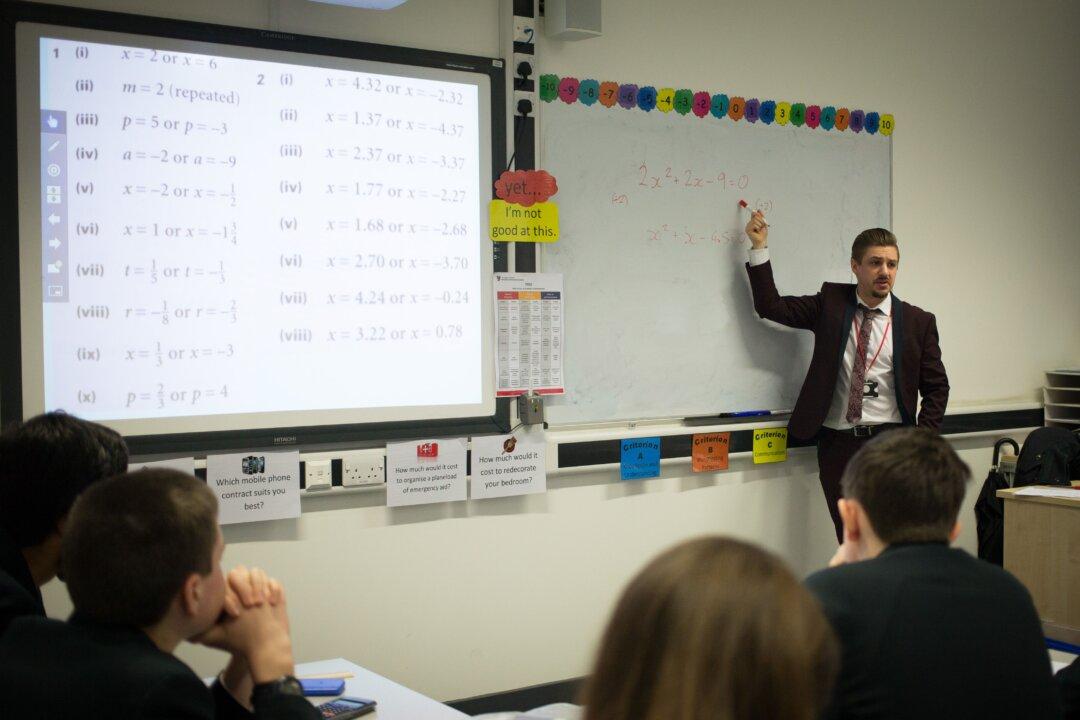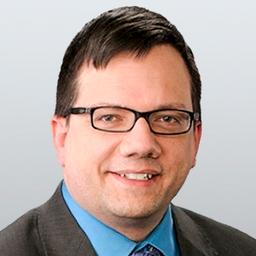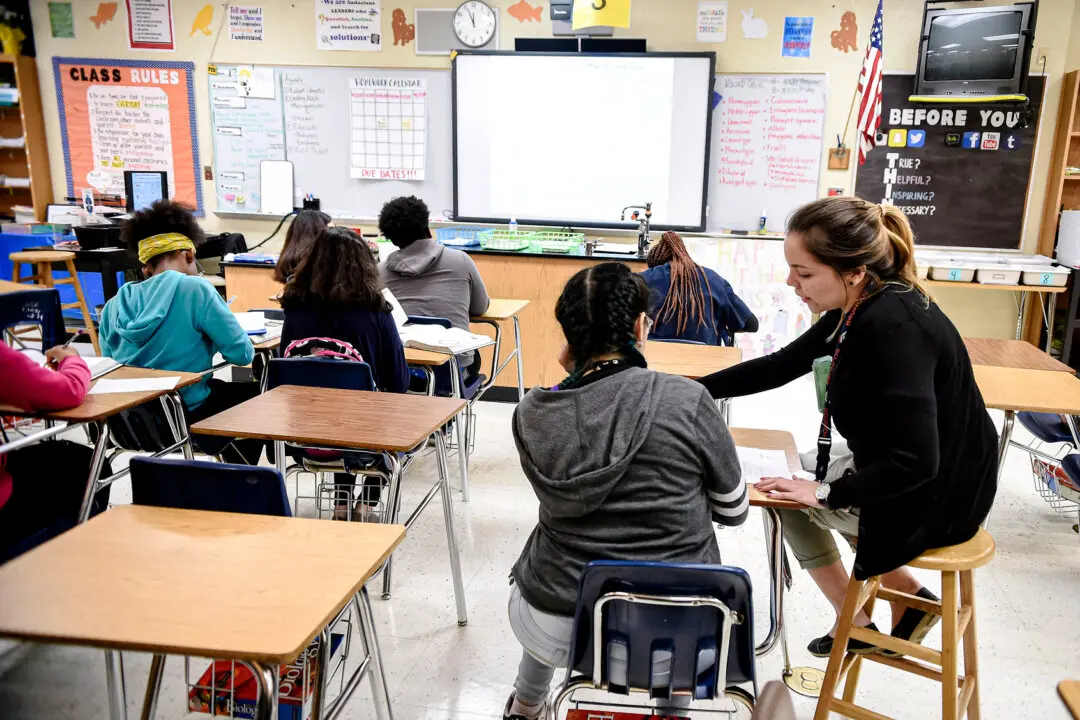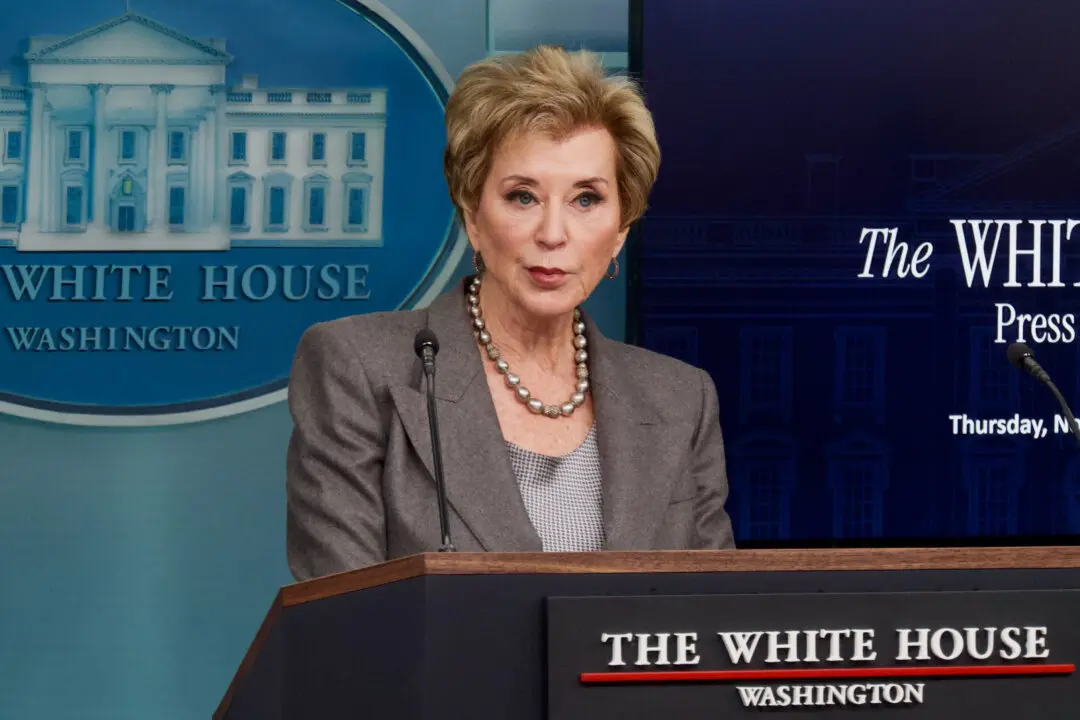Earlier this year, three education professors delivered an unusual presentation at the Canadian Society for the Study of Education in which they argued that the “hidden curriculum” of dodgeball was oppressive.
Their paper received widespread media attention and nearly universal derision. Most people found it bizarre that education professors would waste their time trying to prove that a popular game was oppressive, particularly since this type of research has nothing to do with improving student learning. But the paper served at least one useful purpose. It provided the public with a window into the dubious quality of research that is often produced by professors in faculties of education.





